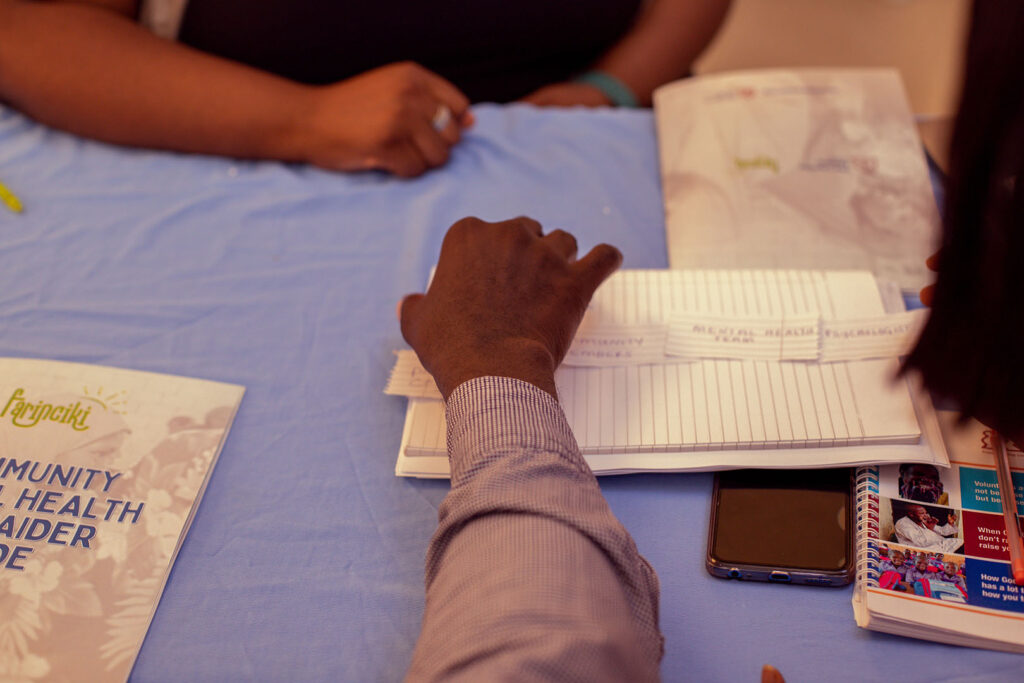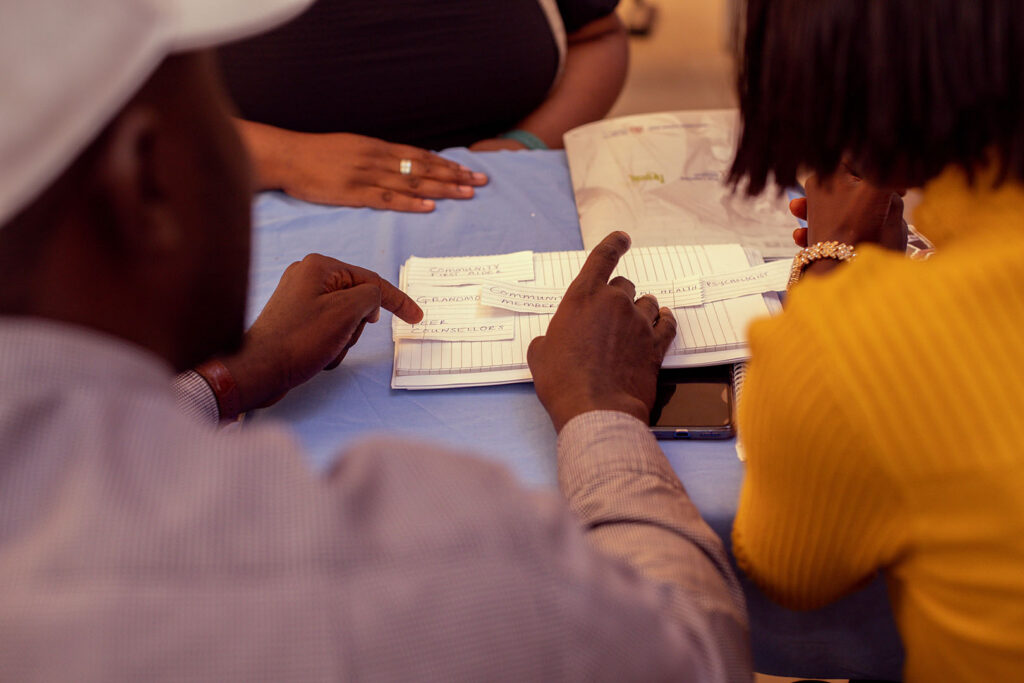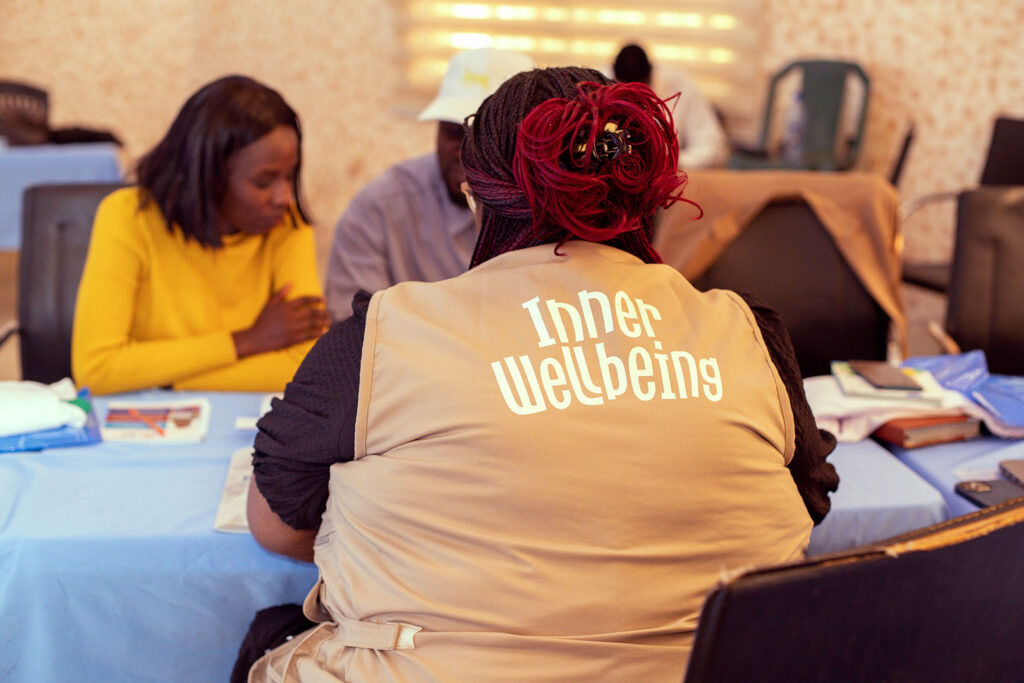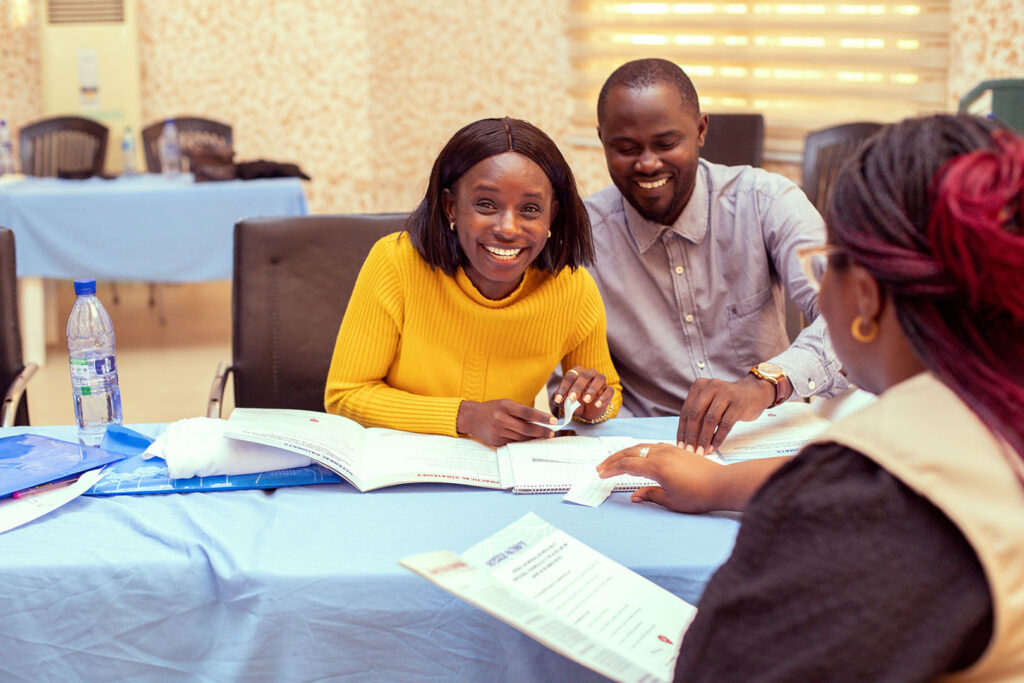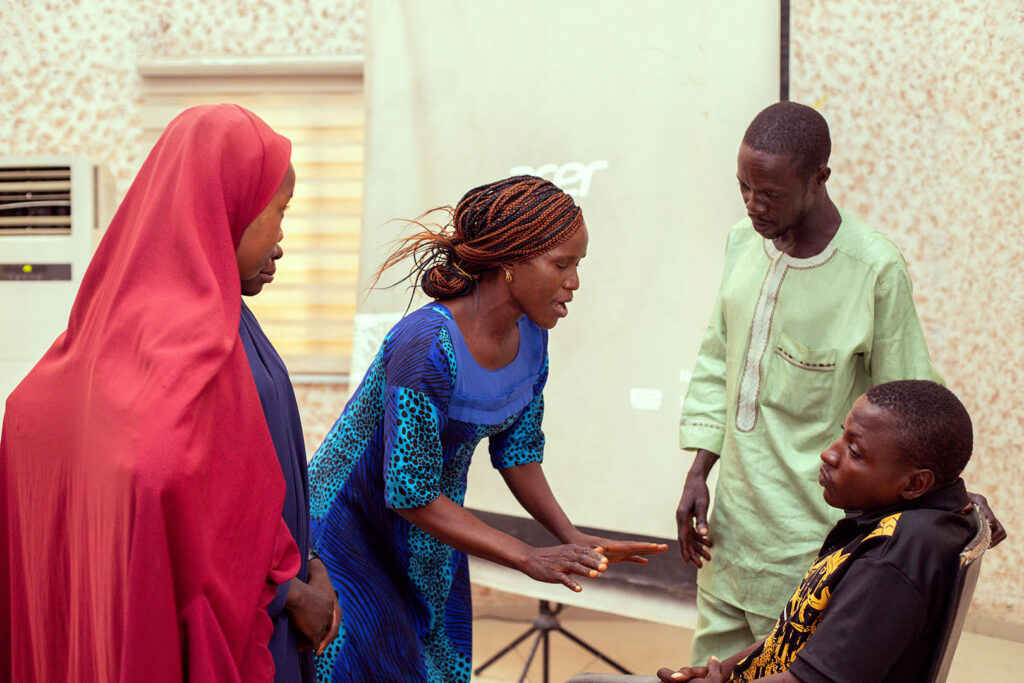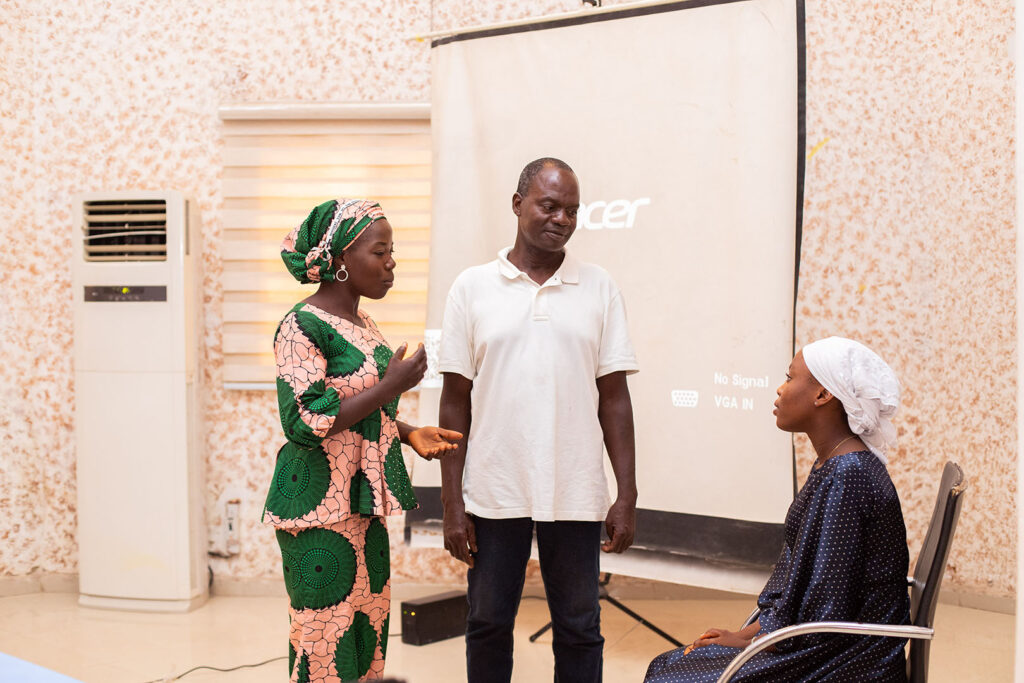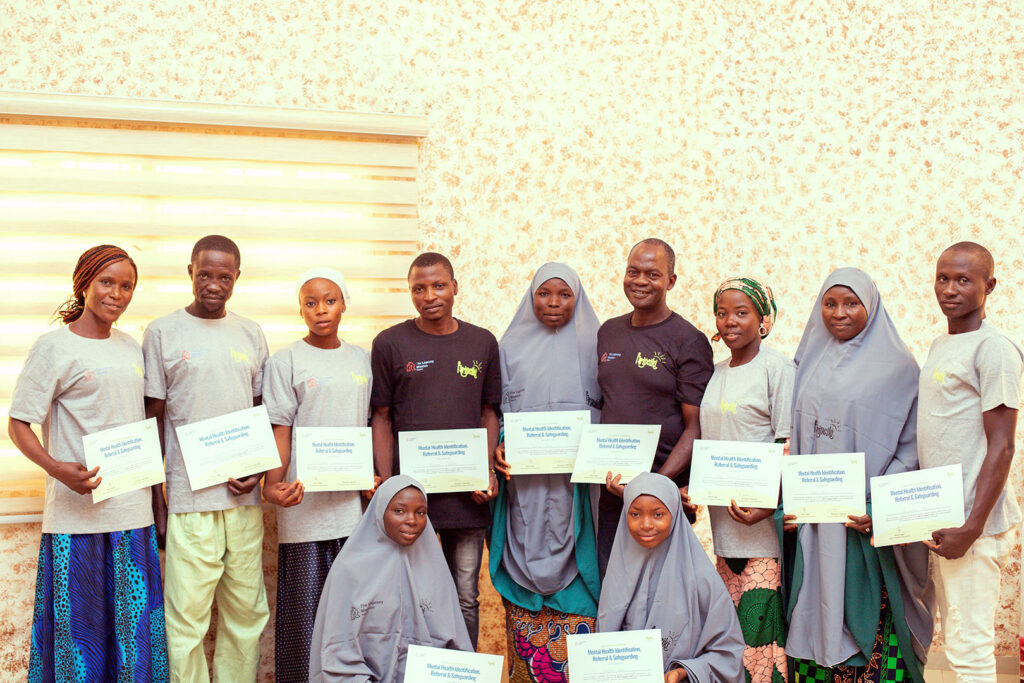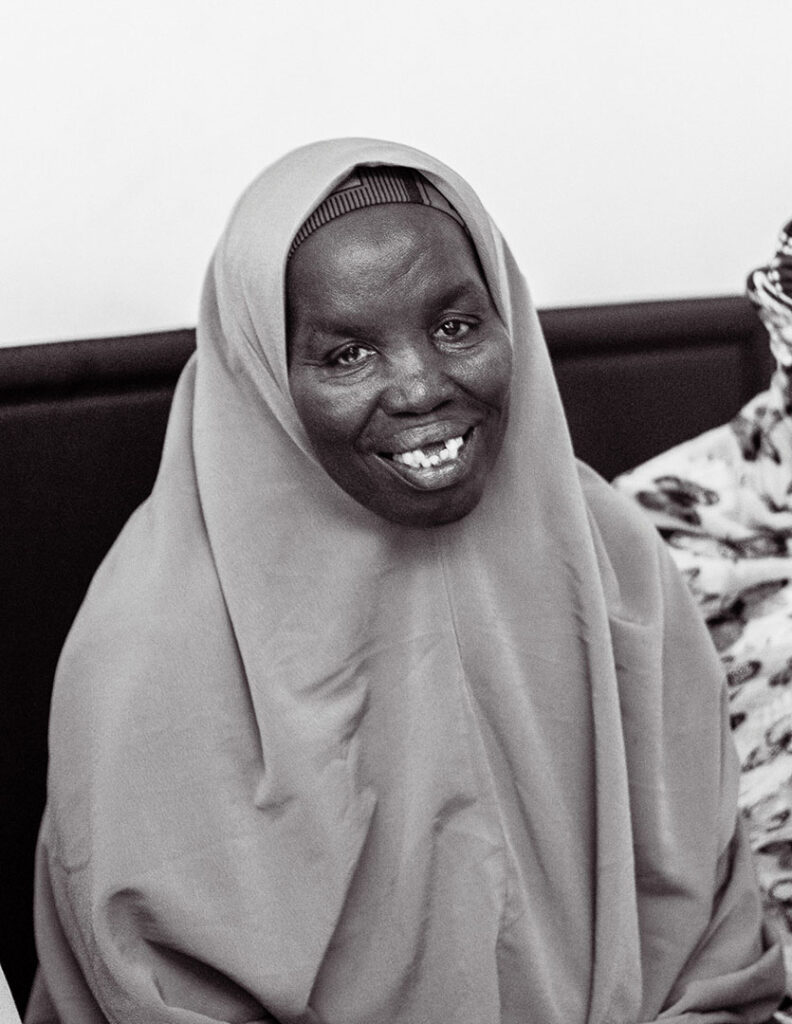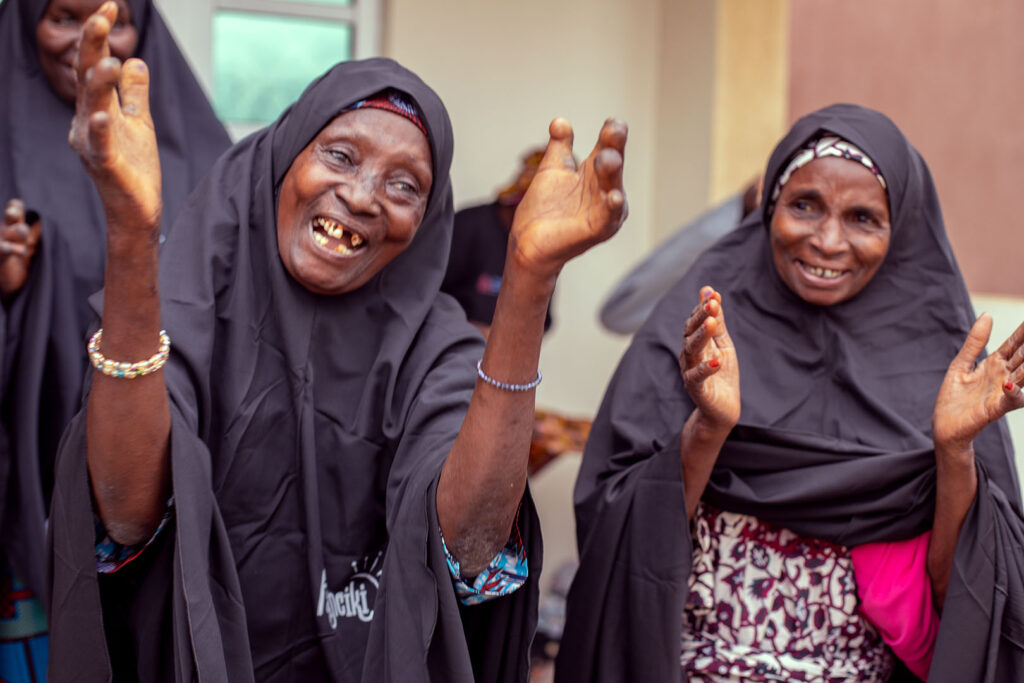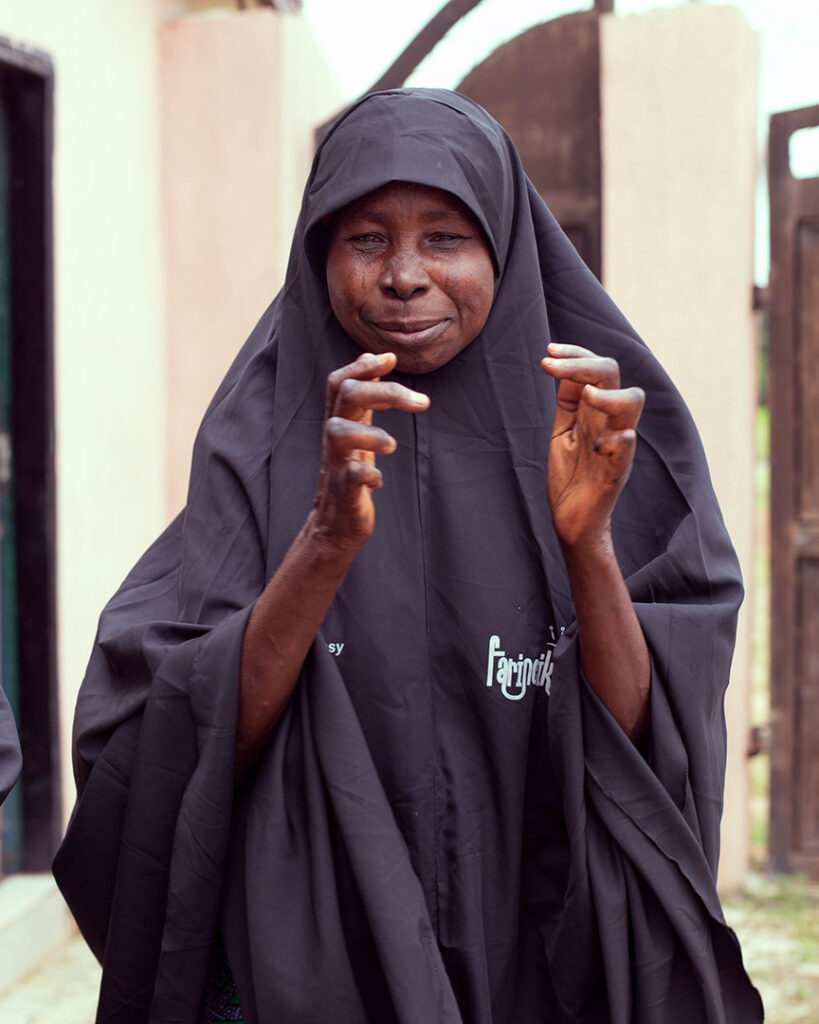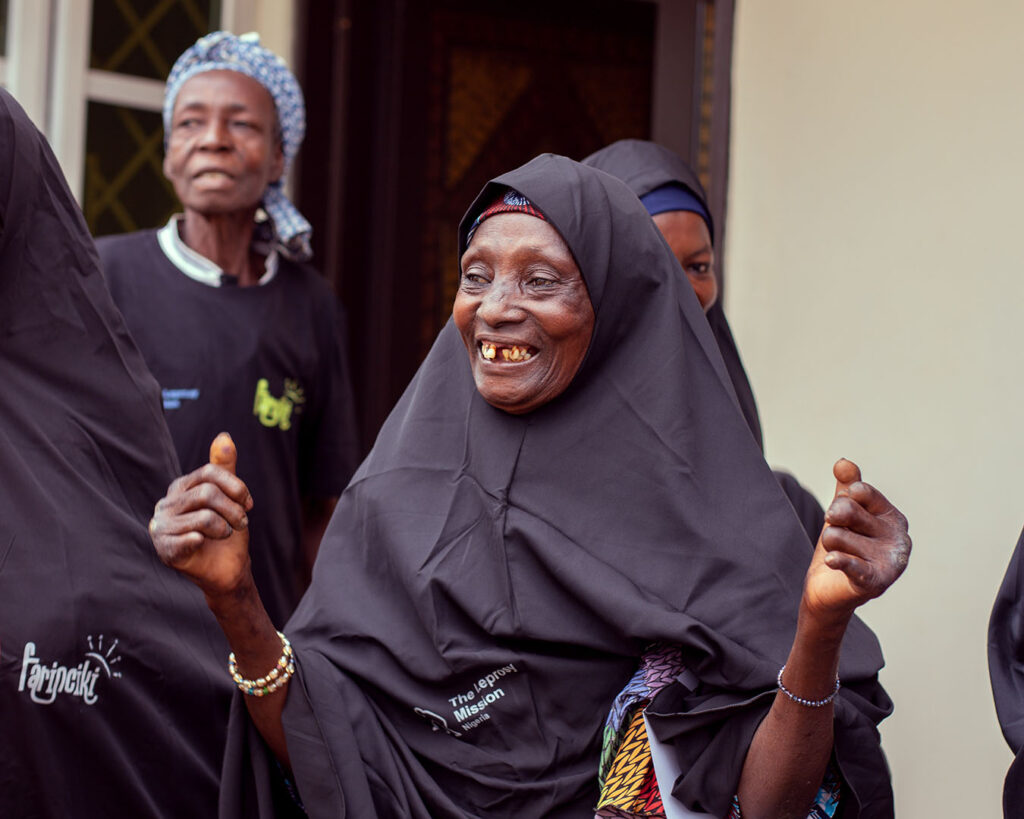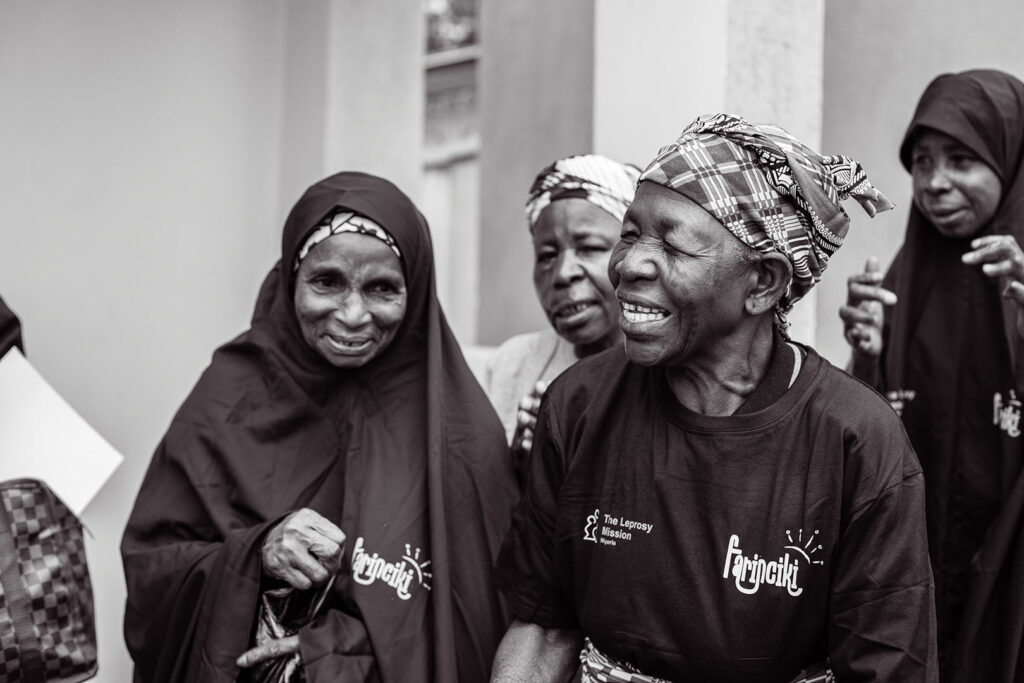Many individuals living with leprosy and its effects often grapple with anxiety, depression, and a profound sense of isolation due to the social discrimination they face. This dual burden of physical and mental health issues underscores the urgent need for comprehensive support systems and mental health services tailored to the unique needs of this vulnerable population. The Leprosy Mission Nigeria, by addressing the physical and mental well-being of individuals affected by leprosy, will seek to achieve holistic healthcare and improve their overall quality of life, creating referral pathways to ensure access to quality healthcare for those who require support.
In light of this, TLM-Nigeria commenced the Farinciki project, currently being implemented in Niger, Sokoto, Kebbi, and the Federal Capital Territory, with the aim of establishing an innovative support structure that begins with recognizing and addressing mental health problems at the community level.
To facilitate the project’s implementation, TLM-Nigeria identified and trained community actors: Grandmothers, Peer Counsellors, and Community First Aiders in the best practices for providing basic mental health first aid, safeguarding, and data collection for the project, equipping these groups with adequate knowledge on mental health support for persons affected by Leprosy in their communities.
The training approach taken is rooted in pragmatism, acknowledging the diverse backgrounds and literacy levels in these communities. Therefore, role-playing was employed as a powerful tool to enhance comprehension and practical application of the training. A total of 100 Peer Counsellors, 35 Grandmothers, and 9 Community First Aiders were trained across the four states.
